Photos from the First World War, banned by censorship
Categories: History
By Pictolic https://pictolic.com/article/photos-from-the-first-world-war-banned-by-censorship.htmlOn June 28, 1914, the assassination of the Austrian Archduke Franz Ferdinand was committed in Sarajevo by a Serbian student Gavrila Princip, a member of the secret organization "Mlada Bosna". This was the immediate reason for the outbreak of the First World War — one of the most widespread armed conflicts in the history of mankind.
We present a selection of photographs from the period of the First World War, taken on the battlefields and in training camps of the United States and its allies. All these pictures were censored at one time in order not to cause defeatist sentiments among the population and not to give secrets to the enemy side.
(23 photos in total)
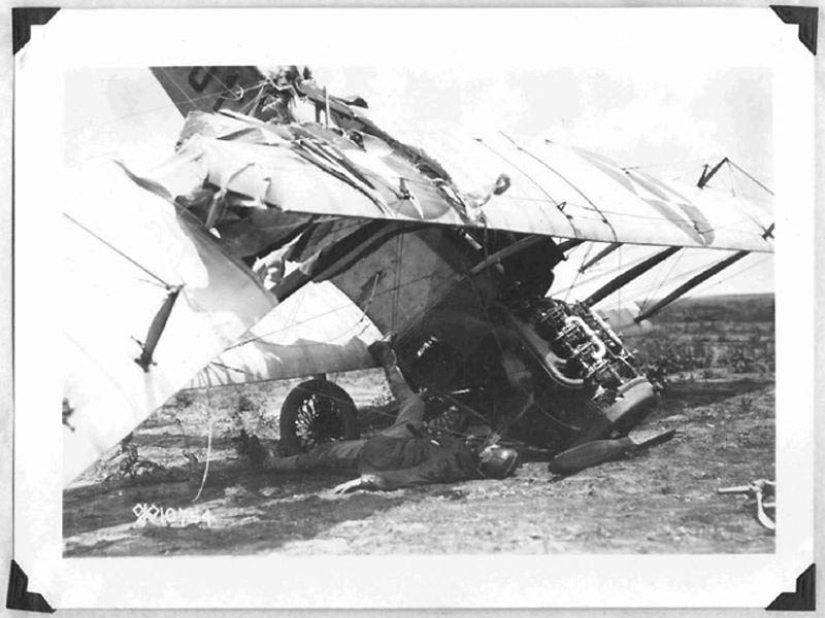
1. This fighter was killed not in battle, but during exercises. The picture was considered demoralizing and banned from printing.
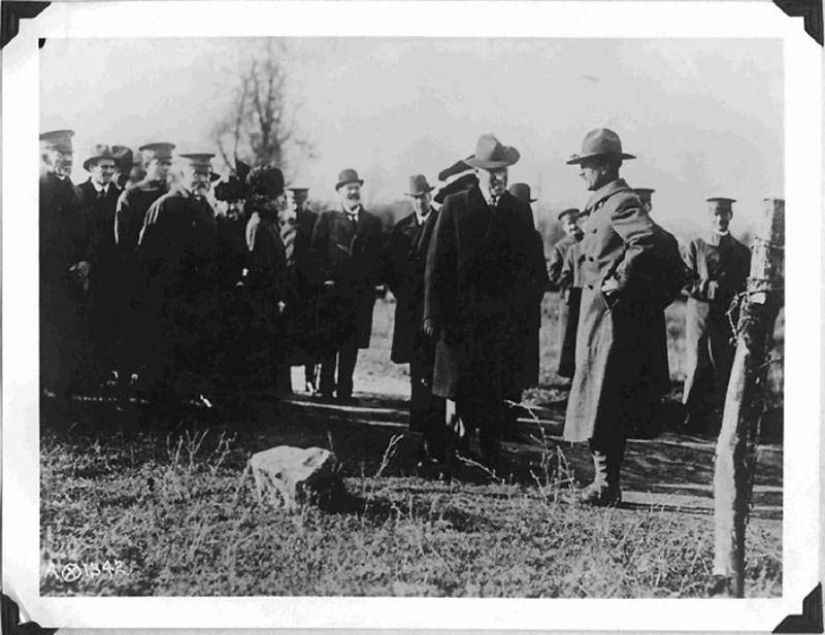
2. The photo shows the President of the United States Woodrow Wilson. A moment after the photographer took the picture, a soldier got out from under a stone made of papier-mache. The picture was banned from printing, considering that it could give the enemy a new method of disguise.
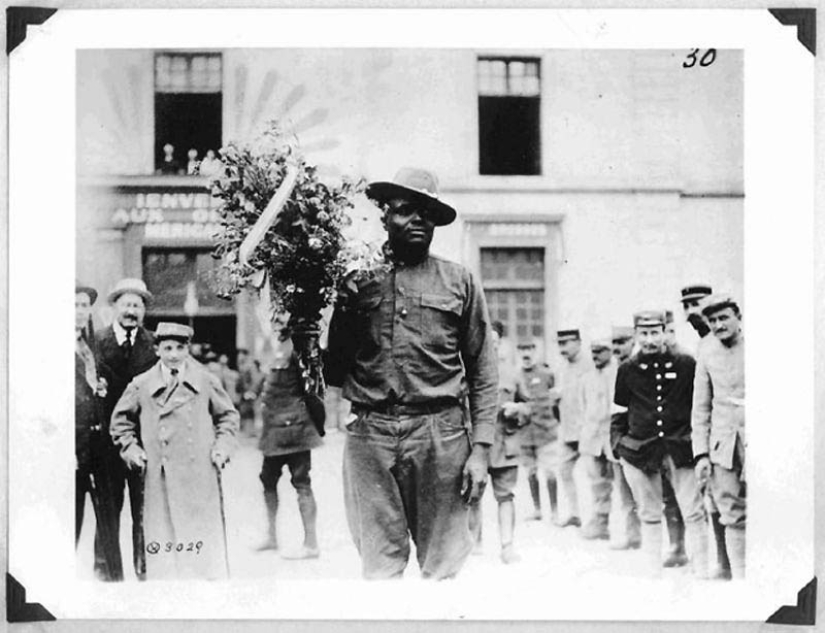
3. A black American soldier who received flowers from French women for helping to liberate France. The picture was banned.
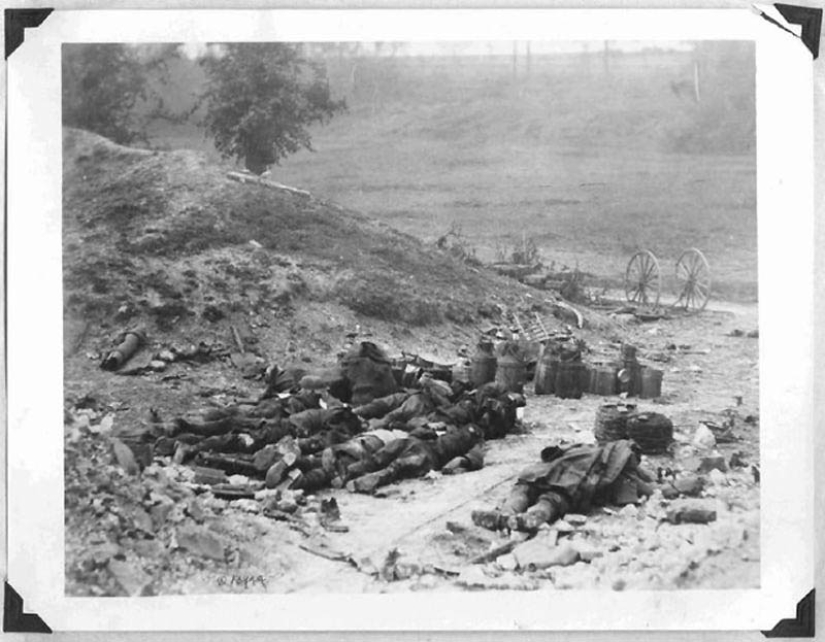
4. Dead soldiers before burial. Photography, of course, was banned.
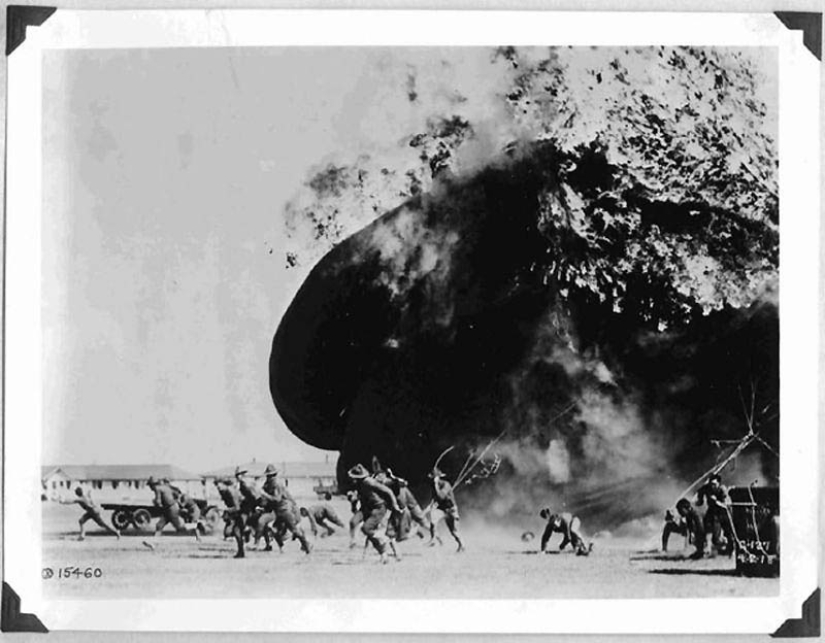
5. A rare picture is an explosion of an American airship (an analogue of the German Zeppelin).
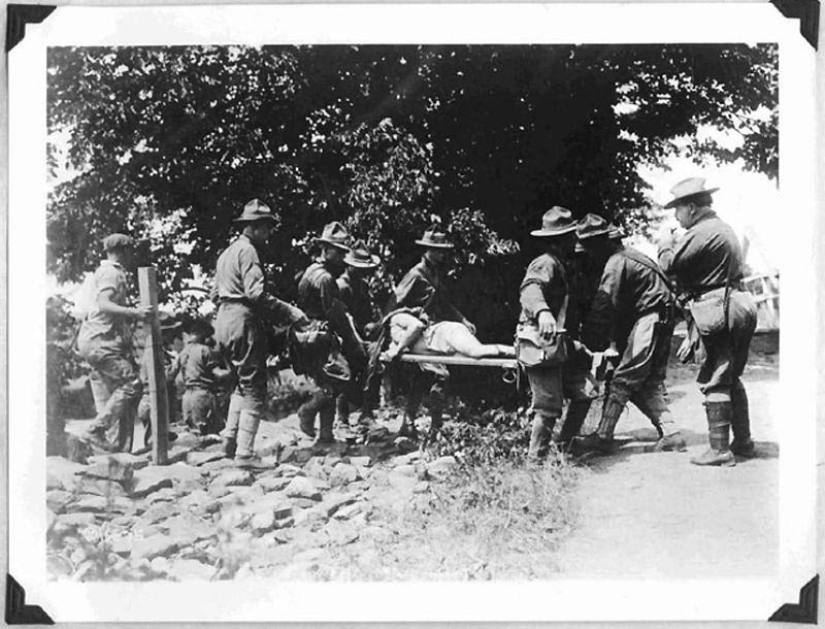
6. Soldiers who drowned during training.
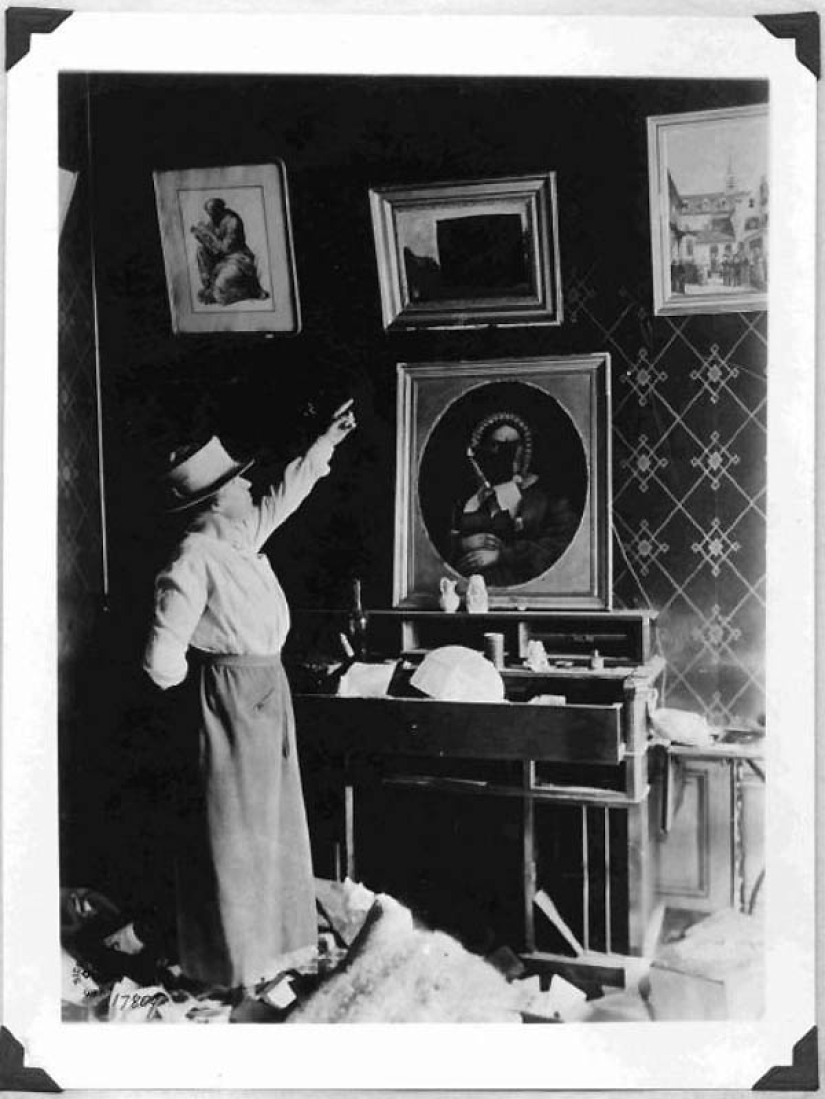
7. A house destroyed by the retreating Germans.
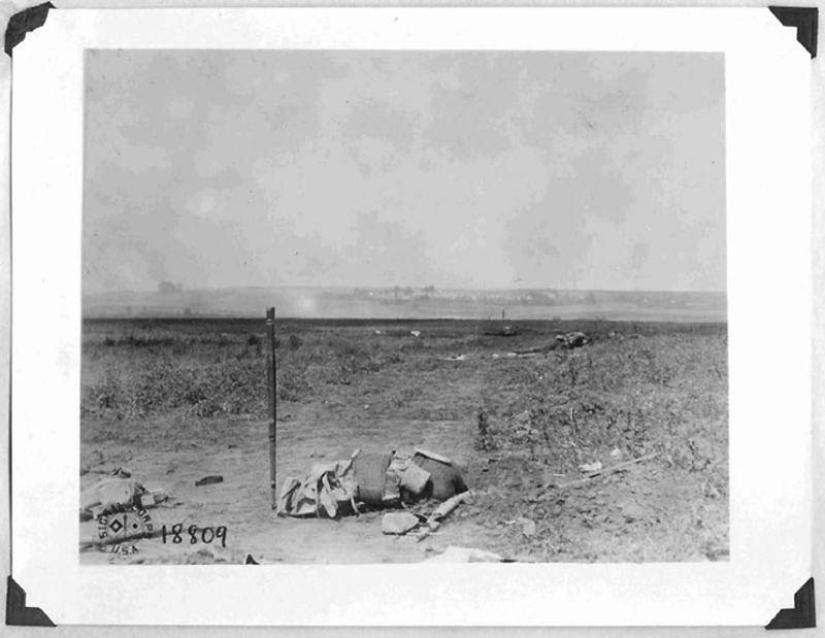
8. American soldiers killed in battle.
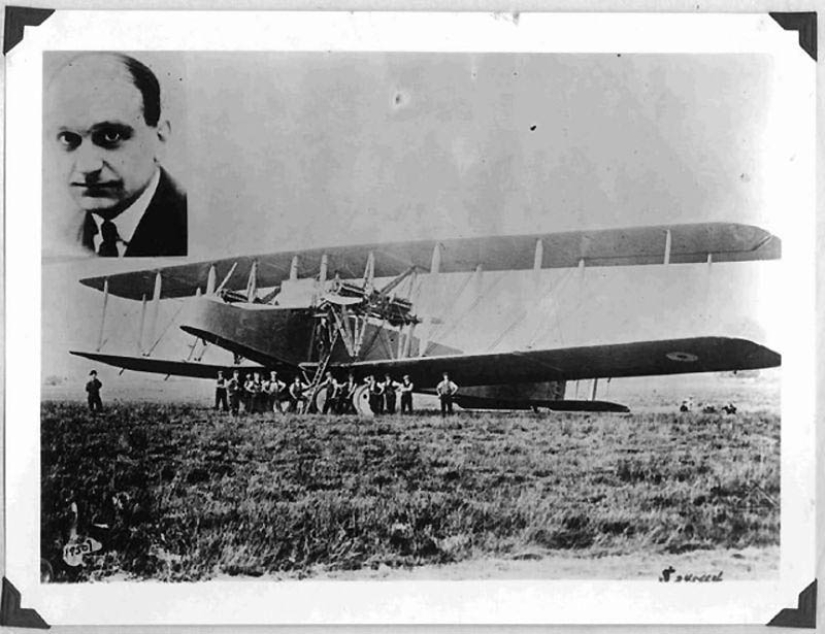
9. The secret prototype of the British bomber.
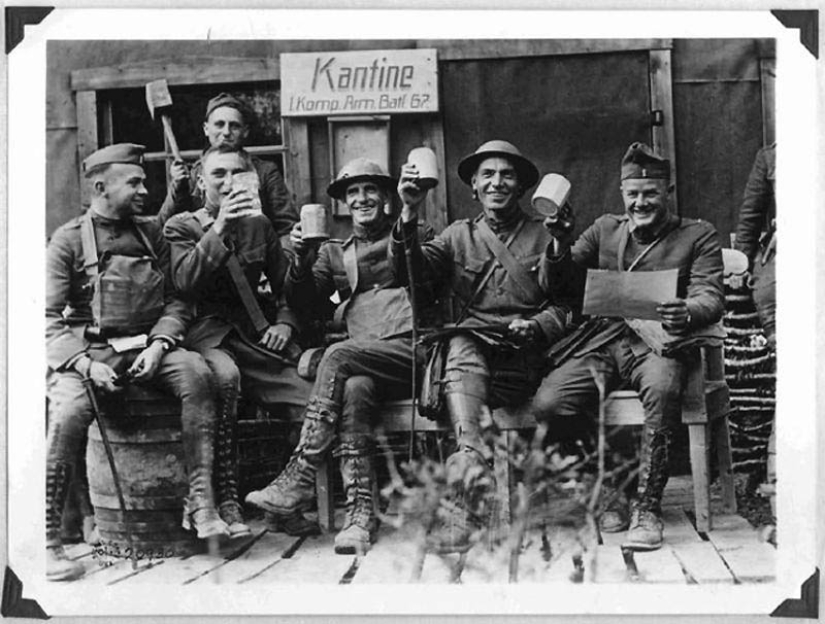
10. American soldiers drinking after taking enemy positions. The picture was censored because alcohol was officially banned.
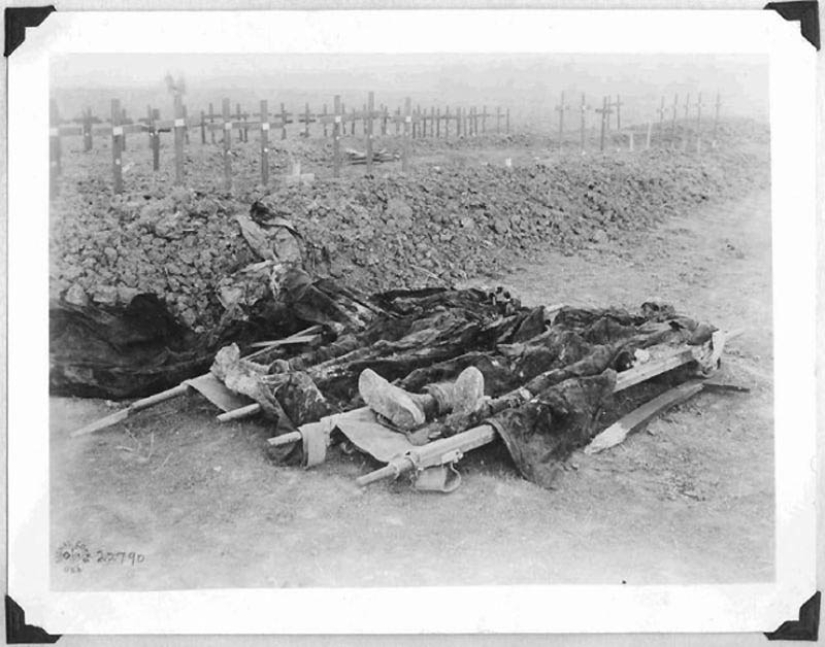
11. Skeletons before burial.
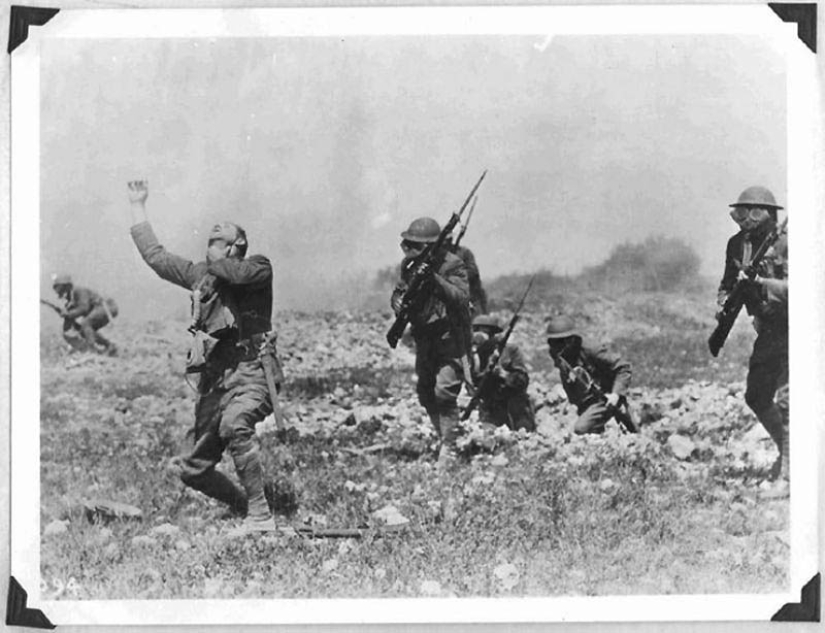
12. A soldier who was gassed during an exercise.
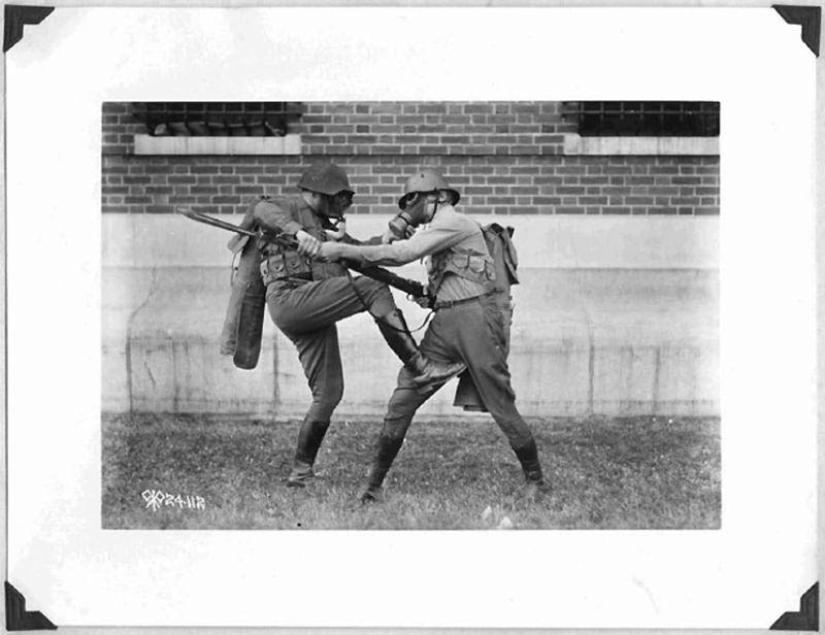
13. This picture was banned from printing in order not to disclose the secrets of hand-to-hand combat to the enemy.
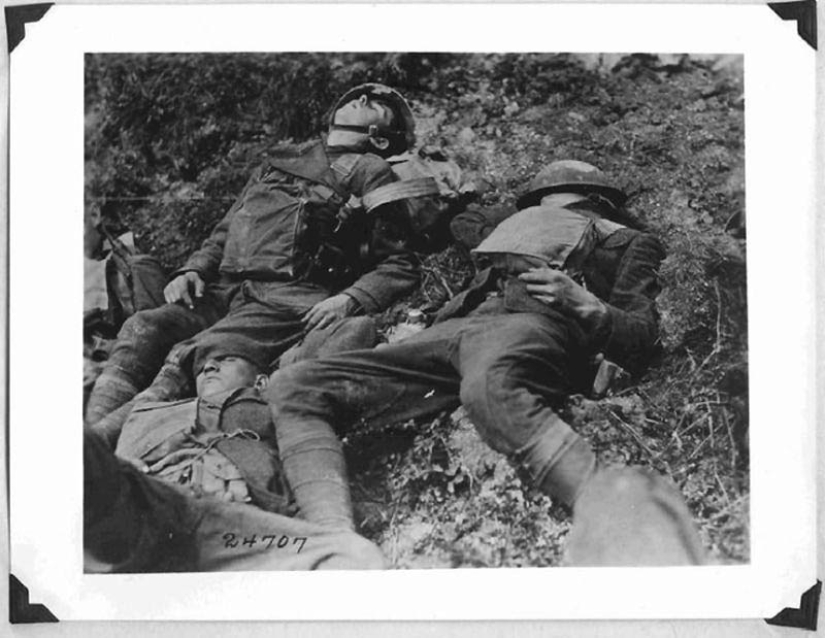
14. Sleeping soldiers are very similar to the dead, this picture was also banned.
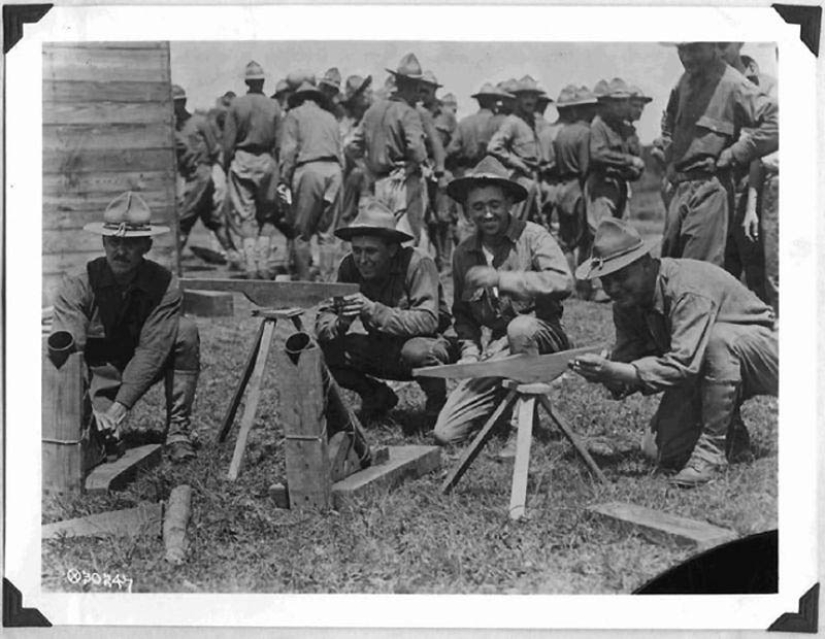
15. Due to the lack of weapons in training, wooden models were sometimes used. The picture was banned from printing in order to exclude its use in enemy propaganda.
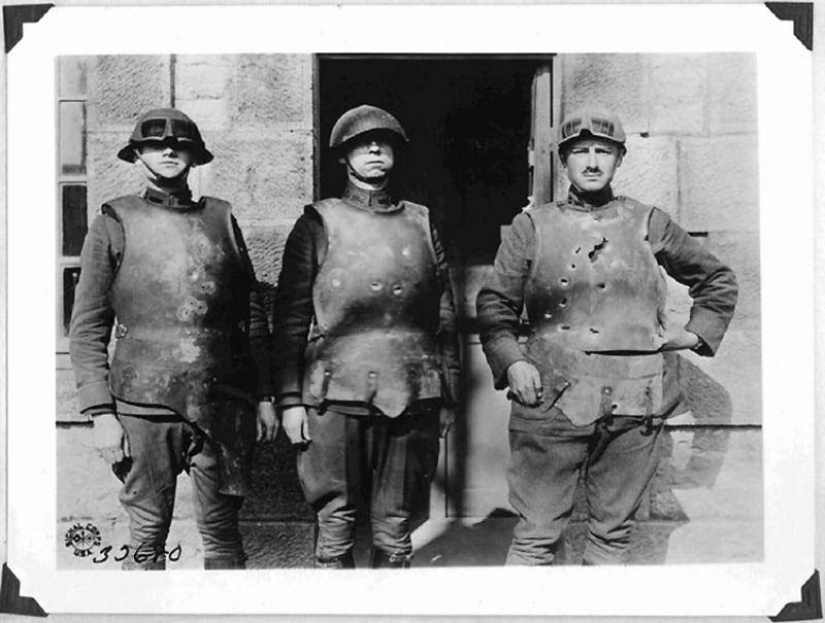
16. Tests of old cuirasses for suitability in modern combat. The metal shells coped with the task, but the picture was still not allowed to print.
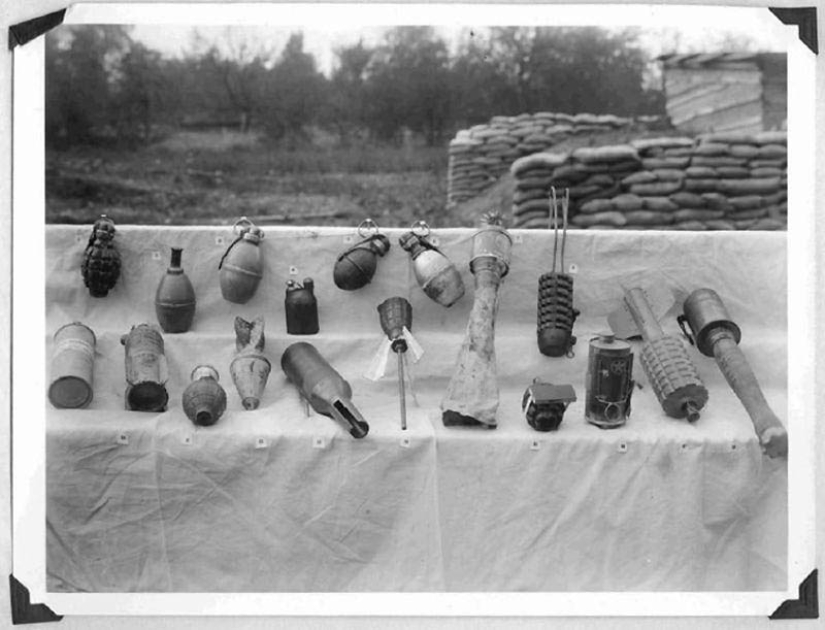
17. A set of grenades on tests. Some of them have been used in combat for a long time, and some were new and secret developments.
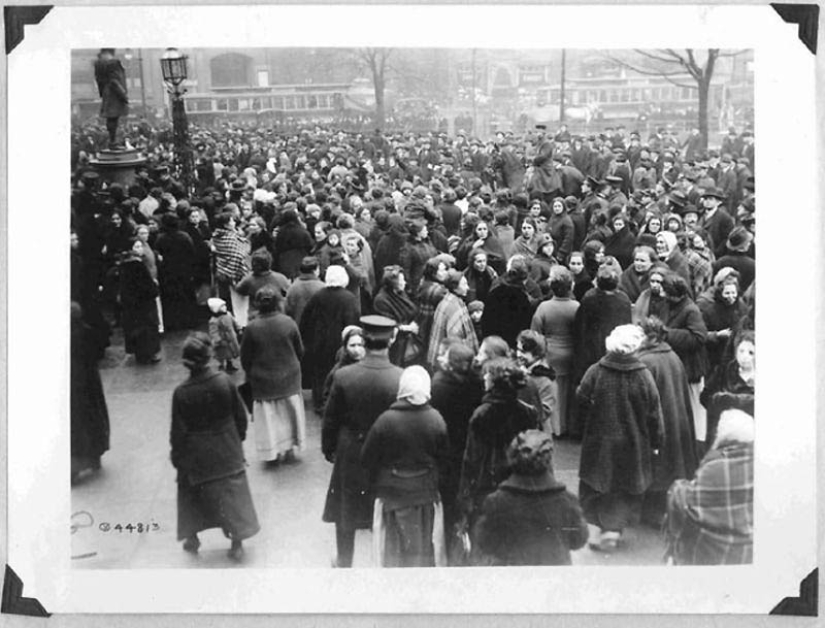
18. At the beginning of 1917, rising prices for bread and basic products led to a wave of "bread riots" in New York. This picture, of course, did not get into print.
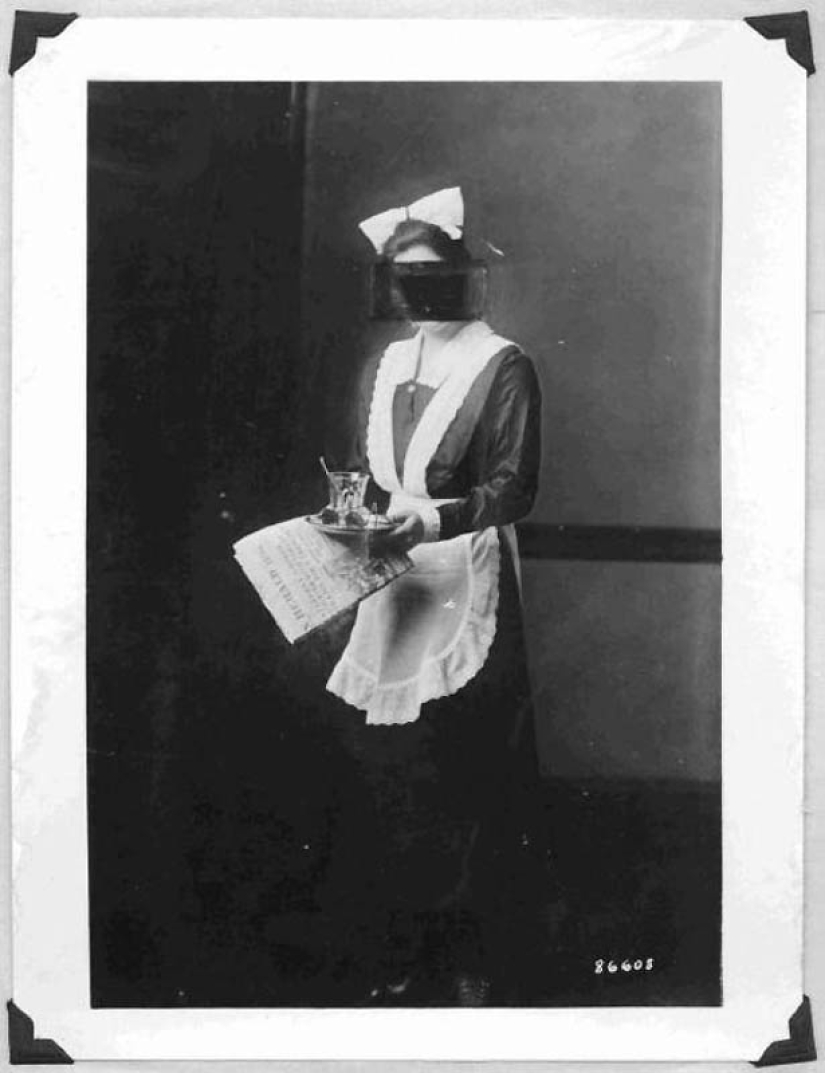
19. A woman with the help of a photograph tried to convey some secrets to the German side by encrypting the message in the lace of the apron.
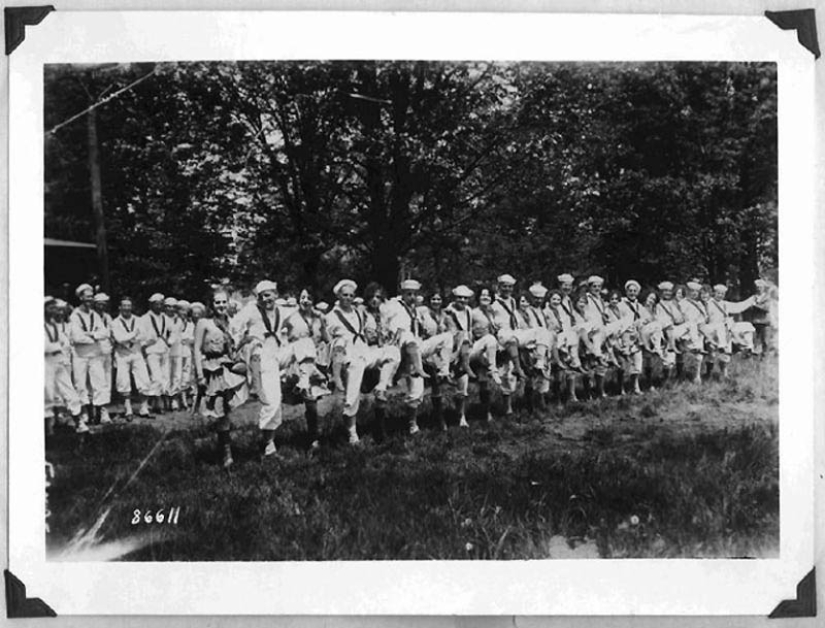
20. American soldiers have fun with a troupe of ballet dancers. The picture was banned as too frivolous.
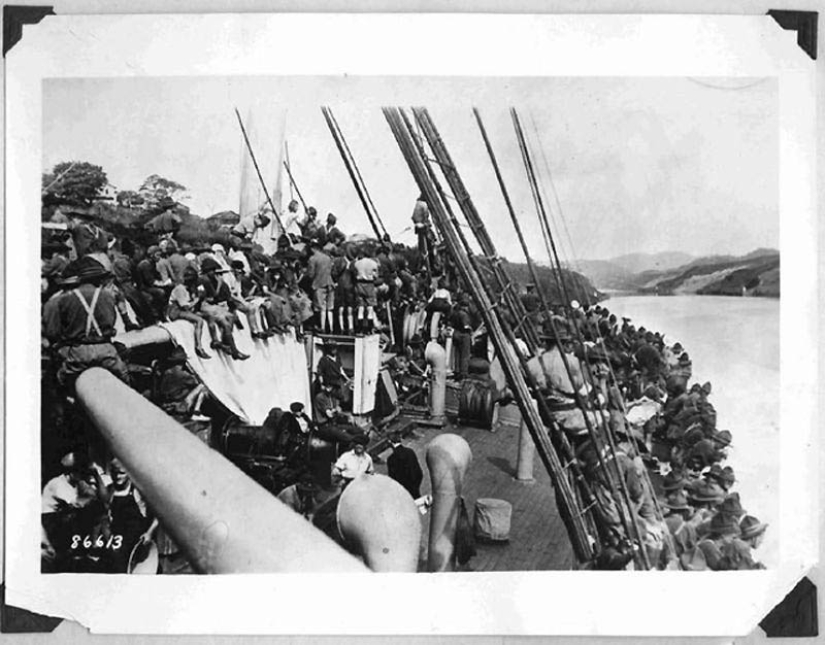
21. New Zealand soldiers sail through the Panama Canal. This trip was secret, and the picture was not allowed to be printed.
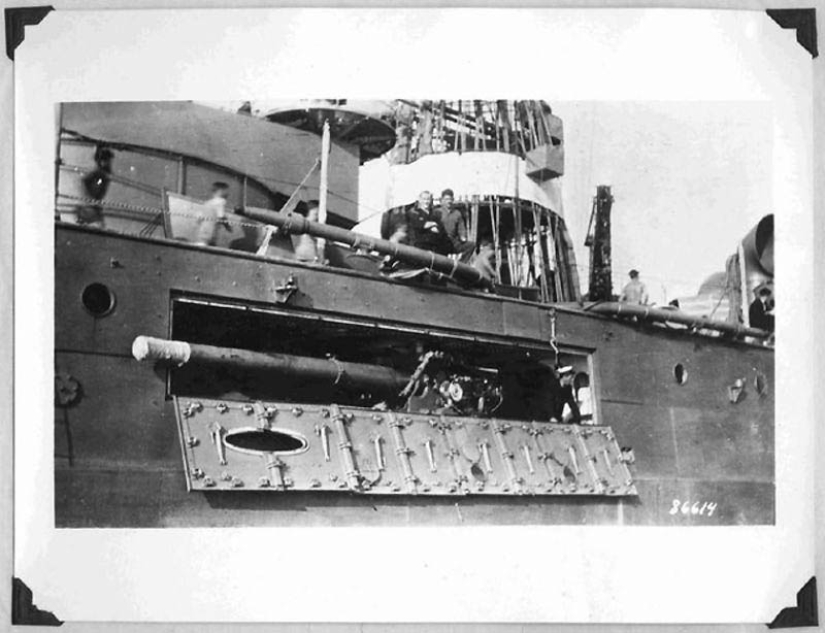
22. New guns against submarines, secret development.
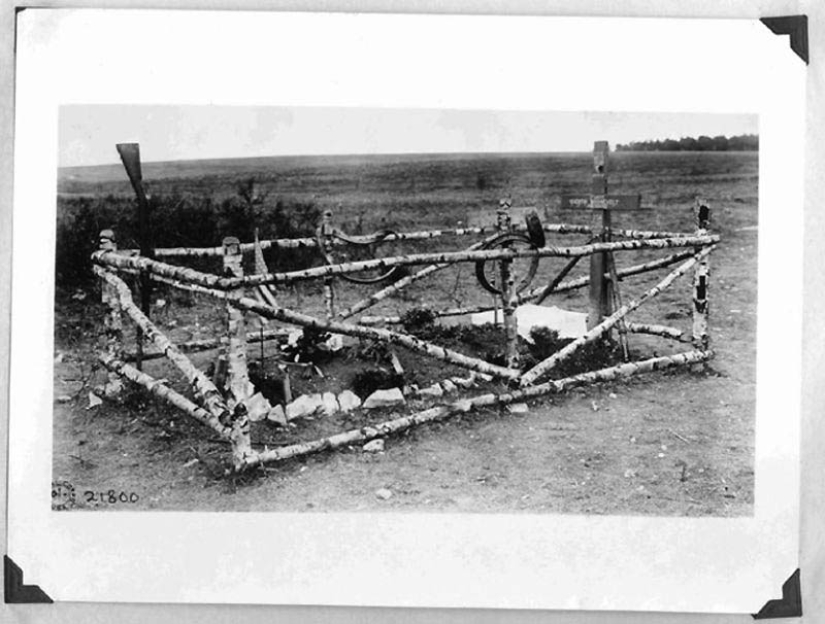
23. The grave of Quentin Roosevelt, the brother of President Theodore Roosevelt (years of presidency — 1901-1909). Quentin was killed in a dogfight on July 14, 1918.
Keywords: Archive | Prohibition | World war I | Photos | Censorship | B/w
Post News ArticleRecent articles

It's high time to admit that this whole hipster idea has gone too far. The concept has become so popular that even restaurants have ...

There is a perception that people only use 10% of their brain potential. But the heroes of our review, apparently, found a way to ...
Related articles

The Indochina Peninsula, located in southeast Asia, is a favorite place for tourists all over the world. Myanmar, Thailand, Laos, ...

Prohibition started in 1920, when the so-called the Volstead act came into force. The 18th amendment to the U.S. Constitution ...

After the surrender of Japan in 1945, allied forces led by the US invaded the country. The Empire disintegrated, its form of ...

New Year's is a time to surprise and delight loved ones not only with gifts but also with a unique presentation of the holiday ...